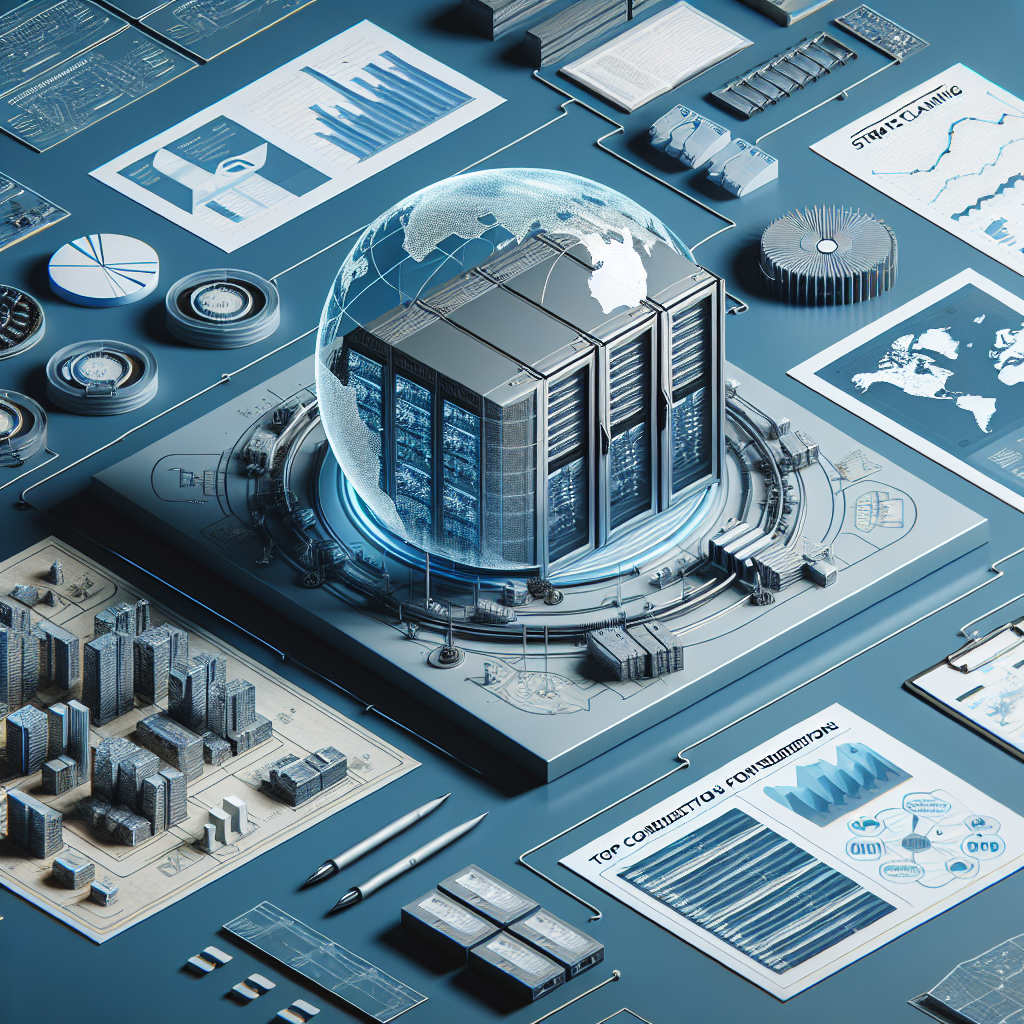Fix today. Protect forever.
Secure your devices with the #1 malware removal and protection software
In today’s digital age, data centers are the backbone of many organizations, housing critical information and applications that are essential for day-to-day operations. With the increasing reliance on technology, ensuring that data centers remain up and running at all times is crucial. One of the key components in ensuring uninterrupted operation of a data center is a reliable Uninterruptible Power Supply (UPS) system.
Implementing a UPS strategy for a data center requires careful planning and consideration. Here are some top considerations to keep in mind when implementing a UPS strategy:
1. Capacity Planning: Before implementing a UPS system, it is important to assess the power requirements of the data center. This includes calculating the total load of all equipment that needs to be protected by the UPS, as well as considering any future growth or expansion of the data center. It is essential to choose a UPS system that can handle the current power requirements of the data center, as well as provide room for future scalability.
2. Redundancy: Redundancy is key in ensuring the reliability of a data center UPS system. Implementing a redundant UPS system can help mitigate the risk of downtime in the event of a UPS failure. This can be achieved by installing multiple UPS units in parallel, or by implementing a modular UPS system that allows for hot-swappable components.
3. Maintenance and Monitoring: Regular maintenance and monitoring of the UPS system is essential to ensure its reliability and efficiency. This includes performing routine inspections, testing the batteries, and monitoring the UPS system for any signs of failure or malfunction. Implementing a remote monitoring system can help to proactively identify and address any issues before they escalate.
4. Battery Backup: The batteries in a UPS system are a critical component, as they provide backup power in the event of a utility power failure. It is important to choose high-quality batteries that are capable of providing sufficient runtime for the data center equipment. Regular testing and replacement of batteries is also essential to ensure the reliability of the UPS system.
5. Energy Efficiency: Energy efficiency is becoming increasingly important in data center operations, as the cost of energy continues to rise. When implementing a UPS strategy, it is important to consider the energy efficiency of the UPS system. Choosing a UPS system that is energy efficient can help reduce operating costs and minimize environmental impact.
In conclusion, implementing a UPS strategy for a data center requires careful planning and consideration of various factors. By taking into account capacity planning, redundancy, maintenance and monitoring, battery backup, and energy efficiency, organizations can ensure the reliability and efficiency of their data center UPS system. By investing in a reliable UPS system, organizations can minimize the risk of downtime and ensure uninterrupted operation of their critical data center infrastructure.
Fix today. Protect forever.
Secure your devices with the #1 malware removal and protection software

Leave a Reply
You must be logged in to post a comment.